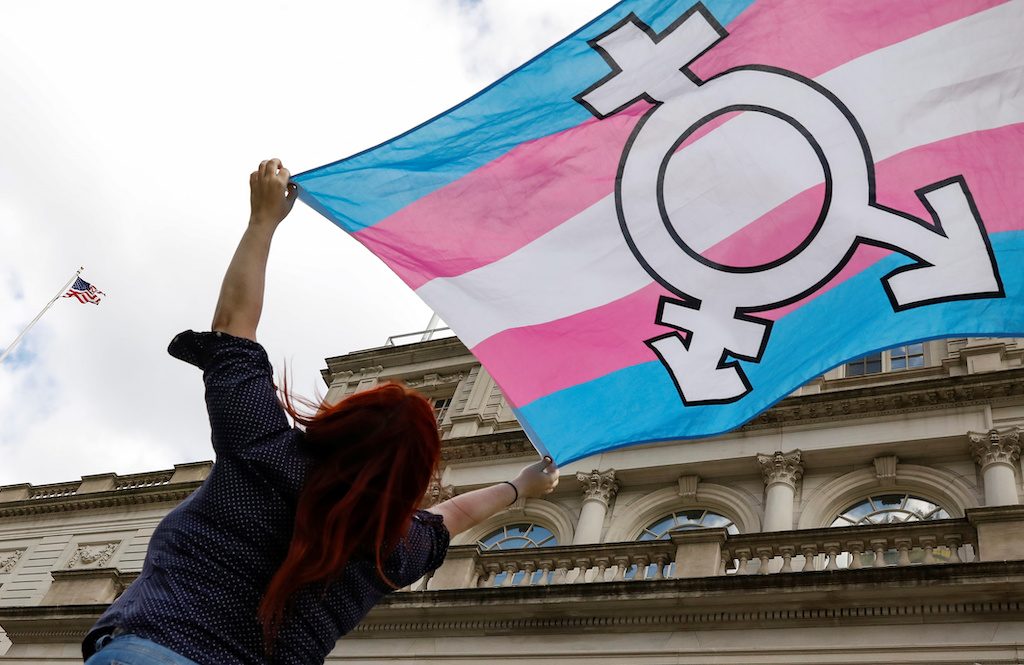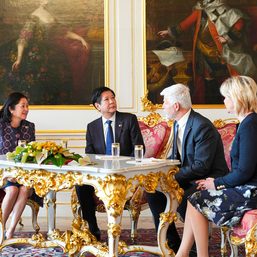SUMMARY
This is AI generated summarization, which may have errors. For context, always refer to the full article.

Two German politicians from the Greens have made history by becoming the first transgender women to win parliamentary seats in the national election held Sunday, September 26.
Tessa Ganserer and Nyke Slawik stood for the Greens party, which came third in the election, increasing its share of the vote to 14.8% from 8.9% in 2017 and is set to play a pivotal role in the building of a new three-way coalition government.
“It is a historic victory for the Greens, but also for the trans-emancipatory movement and for the entire queer community,” Ganserer, 44, told Reuters, adding that the results were a symbol of an open and tolerant society.
Topping the priority list for Ganserer, who was elected to Bavaria’s regional parliament in 2013, is an easier procedure for ratifying a change of gender on identity documents.
Ganserer, who has two sons, also wants legislative changes to allow lesbian mothers to adopt children.
Slawik, 27, said the results were unbelievable. She secured a seat in parliament through the Greens list of candidates in the western state of North Rhine-Westphalia.
“Madness! I still can’t quite believe it, but with this historic election result I will definitely be a member of the next Bundestag,” Slawik posted on Instagram.
Slawik has called for a nationwide action plan against homophobia and transphobia, a self-determination law, and improvements to the federal anti-discrimination law.
Homosexuality was decriminalized in Germany in 1969 and same-sex marriage legalized in 2017. But hate crimes against LGBTQ+ people jumped by 36% last year, according to police figures that highlight a rising trend of homophobia in parts of German society. – Rappler.com
Add a comment
How does this make you feel?











There are no comments yet. Add your comment to start the conversation.